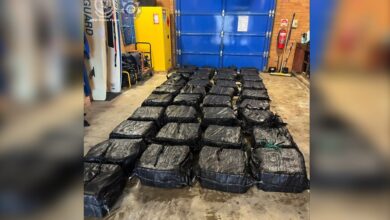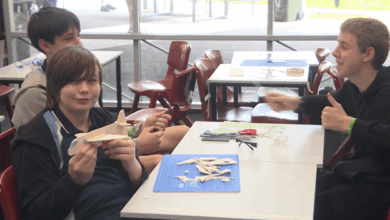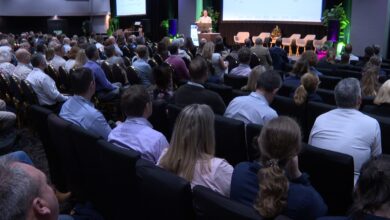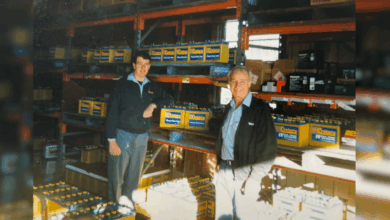Mid North News
TAREE COUNCIL IN THE RED, BUT TOUGHER TIMES STILL TO COME

Greater Taree City Council says it’s keeping a tight lid on spending in the next budget.
But despite it’s efforts, the council will be the red for the first time in a decade.





Steven Diehm
59 Iluka Circuit
Taree NSW 2430
The Editor
Manning River Times
Dear Editor,
I am writing with comment on the issues raised in Helen Manusu’s “New ‘Green’ Wheelie Bin Service: Residents Want Options” (MRT 22-23 May 2009, p. 3).
On 18th May the Greater Taree, Great Lakes and Gloucester Councils announced a new waste collection system for their residents, adding a third bin to the current system for residential and rural-residential ratepayers for the collection of “green waste”. Rural residents are excluded from this process and will retain a two bin system. All current bins will be collected by the contractor for recycling and new bins will be issued in their place. What is the cost of the collection of old bins, recycling and the issuance of new bins? What is the carbon imprint of this process? As eligible businesses will receive funding to undertake energy efficient measures from 1 July 2009, does the entity have an Energy Efficient Plan and how does this proposal conform to that plan?
The three councils had earlier established “Midcoast Waste Services” which over the last two years, at arm’s length from the community, developed a sub-regional approach to waste management and collective tendering for waste. Although all three mayors refer to “community expectations” in their press release, no community consultation, community questionnaire or community workshop preceded the policy now adopted by them. This autocratic process for the delivery of real government starkly contrasts with GTCC’s community consultation with regard to its 20 year fantasy plan. For the second time I ask, Does the Greater Taree City Council have a Community Engagement Plan? It appears this same question also requires address by Great Lakes and Gloucester Councils.
The increased charges for these new services vary from $5.77 to $7.00 per week between the three councils despite the combination of services. This fee increase also includes the state government’s recently announced Waste and Environment Levy as well as the federal Government’s proposed Carbon Pollution Reduction Scheme Levy. What is the cost breakdown of the charges? Which council is charging which fee for its respective customers? According to the Prime Minister of Australia’s website (media release 4 May 2009), the Carbon Pollution Reduction Scheme will not be phased in until 1 July 2011. Therefore it seems the three councils will be collecting revenue from November 2009 to June 2011 before the Carbon Pollution Reduction Scheme is even introduced. What is the justification for this fee at this time and what are council’s plans for the income thus generated?
What compensation does council propose for those residents who have spent money on compost bins, and worm composting systems? Why should those who have spent their own money to reduce landfill waste be forced to pay for a service not required by them? Why would businesses in urban areas without gardens require this additional bin? Why aren’t rural/residential residents excluded from this three bin system in the same manner as rural residents?
For transparency, the business case needs to be “put on the table”. What is the cost of the contractor service? What is the total revenue generated by the waste collection proposal? What is the forecast profit or loss? As JR Richards and Sons have been contracted for ten years on our behalf by Midcoast Waste Services, what is the cost if their services are terminated? What performance indicators have been established for JR Richards and Sons? Who are the members of Midcoast Waste Services and how do they articulate with ratepayers who are now haplessly and without consultation contracted as customers to JR Richards and Sons?
Understandably, residents like Una Rudd are “furious” and Sue Collins was “shocked” and feels “rudely” treated. Although Midcoast Water encourages residents to “use compost, manure or organic mulch to help improve the soil” as “healthy soil is the key to conserving water” (Midcoast Waterwise Community Newsletter April-June 2009) council’s actions in this instance discourage the on-site use of green waste, unnecessarily wasting fossil fuels to transport it off site. We need to work together for a sustainable future.
An open and consultative professional council would not have produced these glaring mistakes and injustices which serve to deepen the disaffection of this council amongst its customer citizenry.
We urgently require an Administrator to establish an open and democratic local government process inclusive of sound, responsible fiscal management.
Yours faithfully
Steven Diehm
Date: 23 May 2009